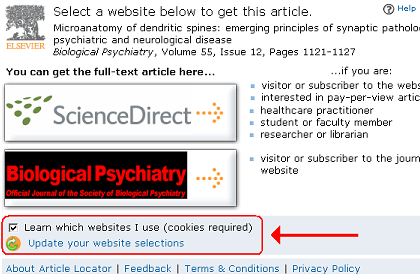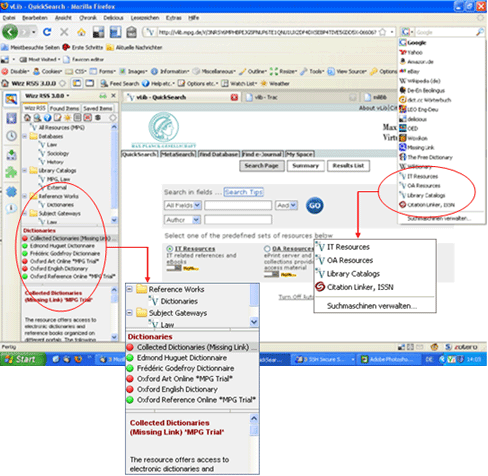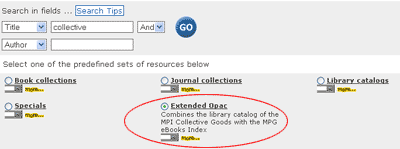vLib information resources are available in RSS 2.0 format, see http://vlib.mpg.de/vlib-rss-feed.html
What’s the benefit of this? A news stream to hook interest? A huge list of entry points to be filtered and maintained in a user’s own environment?
As items basically consist of a title, a description and a link, crucial information about the vLib resource represented by an RSS 2.0 item may fail to be conveyed.
This may be a mere mapping issue as discussed at https://devtools.mpdl.mpg.de/projects/vlib/wiki/RSS (i.e. map more fields to RSS 2.0 item description) – where we are not taking into account additional atom elements yet (to contain, for example, an html-formatted description), or atom format to contain more detailed data about a resource.
Or we might even consider pointing subscribers to our own interface to a resource rather than to the resource’s original web interface.
The vLib resource interface URL is actually present within items as guid, and, in fact, it is meant to be a permalink – however, certain feed readers appear to prefer a permalink in guid to the URL in item link, that’s why guid isPermaLink is presently set to false.

 link resolver on two additional information platforms:
link resolver on two additional information platforms:

